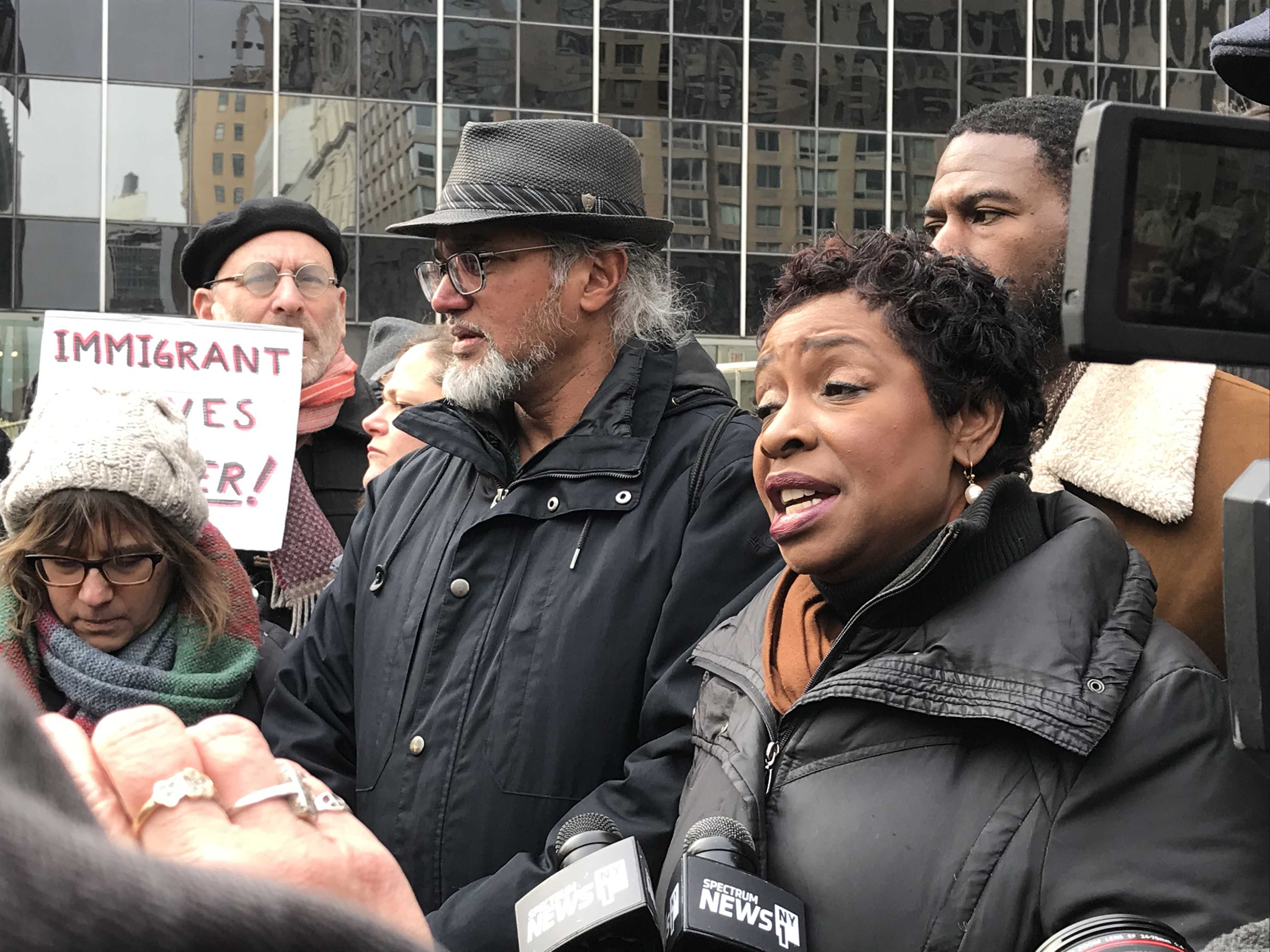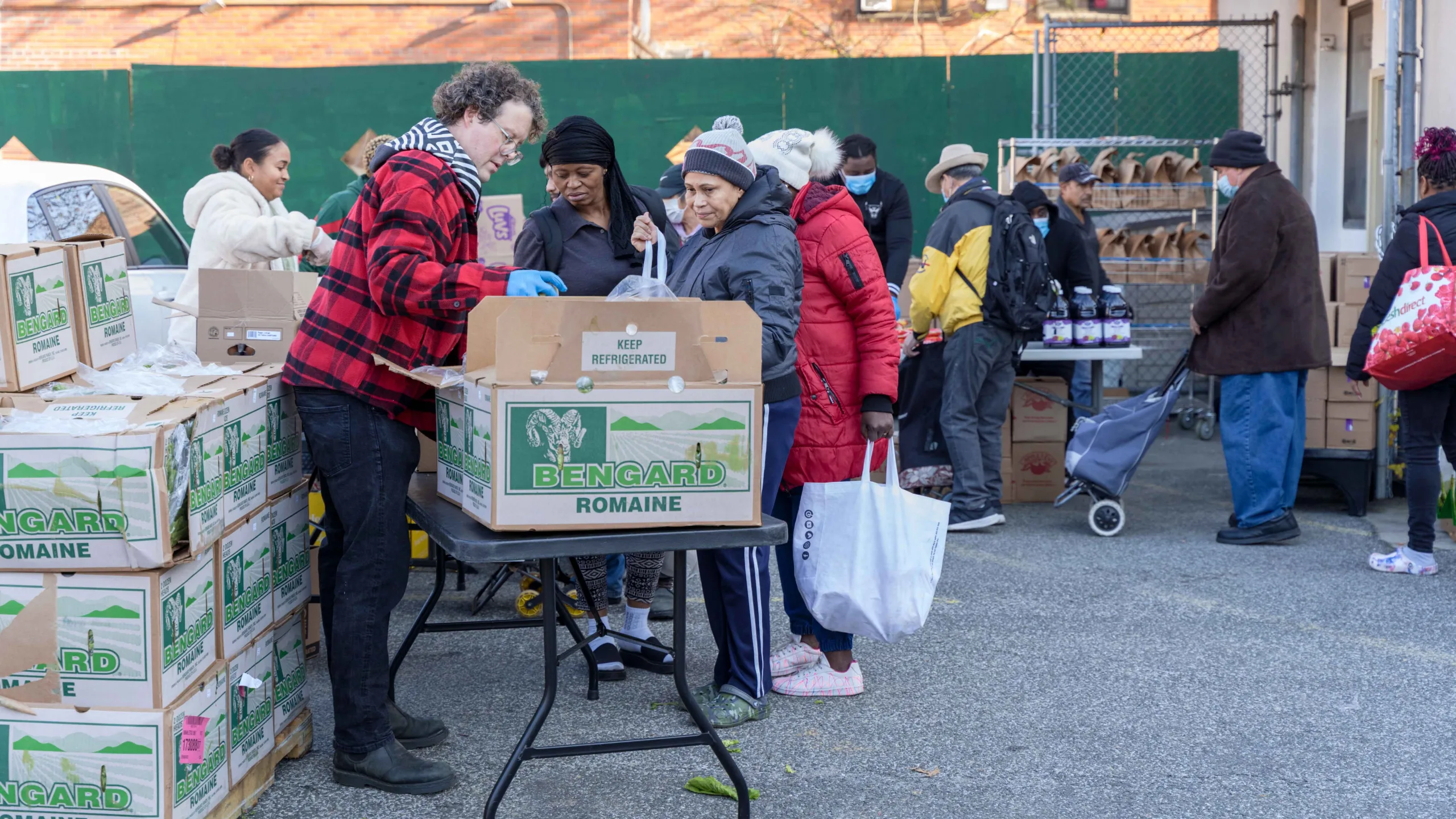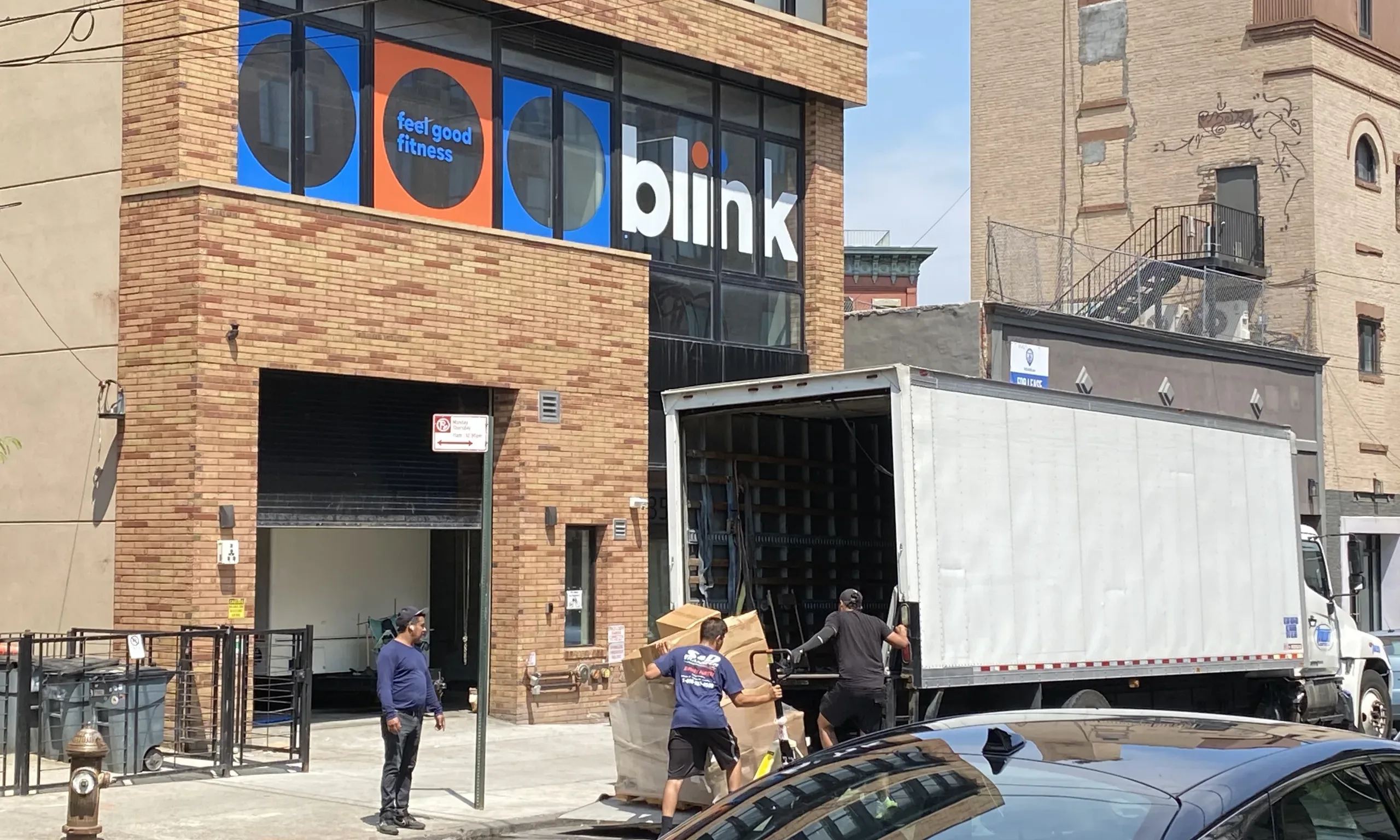
Editor’s Note: In the lead up to the election, Documented will be looking back at the Trump administration’s immigration policies over the past four years and examining how they’ve impacted New Yorkers. Read all of our coverage here.
On January 11, 2018, Ravi Ragbir appeared at 26 Federal Plaza for a check-in with U.S. Immigration and Customs Enforcement. Though customary, each check-in with ICE is laced with uncertainty and apprehension. What was supposed to be routine became a traumatic experience for Ragbir, who fainted after being told that a decision on his case had been made: he was to be deported to his native country of Trinidad and Tobago.
When news broke of Ragbir’s arrest supporters were already present to protest the decision, resulting in multiple arrests, including City Council members Ydanis Rodriguez and Jumaane Williams, now New York City’s public advocate. Ravi Ragbir is the executive director of the New Sanctuary Coalition, a grassroots organization that helps immigrants navigate the U.S. immigration system.
Also Read: Jumaane Williams Elected Public Advocate in Crowded Race
But Ragbir’s prominence and popularity were not enough to protect him from being detained by ICE; in fact, his pending case alleges that it was Ragbir’s prominence in the immigrant rights and anti-ICE movements that led to his detainment and attempted deportation. Immigration activists say that this type of government-led retaliation reflects a trend in which those who speak out risk paying the price in the form of deportations, fines, detainments and more.
After a twisting saga that has played out in four legal proceedings decided across five courts, Ragbir remains in the United States, still battling to prove that ICE arrested him in violation of his First Amendment right to criticize the agency. The 2nd U.S. Circuit Court of Appeals agreed to let him pursue his constitutional claim, but, acting on a request from the Trump administration, the Supreme Court on Oct. 5 ordered a reconsideration.
During an interview with Documented, when asked how the outcome of the general election may affect his case, Ravi Ragbir urged people not to see his case as the exception but rather as the norm and as a product of this administration. “This is not just about my case. We have seen that a lot of people are fearful, anxious but also very angry,” he said. “There are many that feel as if this country has gone backward, we are not where we want to be.”
Also Read: U.S. Rep Yvette Clarke Says House Homeland Committee Will Probe Immigration Enforcement
Ragbir’s arrest in 2018 attracted national attention. Because he had lost consciousness, ICE took Ravi Ragbir to Bellevue Hospital before processing him. He recalls that at least a dozen ICE and NYPD officers armed and in riot gear were present in and outside the hospital. Once discharged, Ragbir rode to a Newark, N.J. processing center in an “ICE and NYPD motorcade so impressive it rivaled Trump’s,” Ragbir joked in the call with Documented. There, he awaited his flight to Florida.
Meanwhile, his attorneys had submitted a habeas corpus petition to the federal court demanding that he should neither be detained nor deported until his case was heard in court. The federal court issued an order temporarily preventing his deportation or transfer outside of the New York region at 4:15 p.m., but ICE still flew Ragbir to Florida shortly thereafter.
Also Read. ICE Filed Over 100,000 New Cases and Clogged the Courts at the Peak of the Pandemic
Ragbir was detained at Krome Detention Center in Miami for nine days while his attorneys continued to challenge his order of deportation. U.S. District Judge Katherine Forrest was poised to enforce her prior order that he be returned to a detention center in New York, closer to his family, when the government agreed to bring Ragbir back until his court hearing at the end of January. Ragbir spent another week detained at Orange County Detention Center in Goshen, N.Y.
Throughout his detention, many members of Congress condemned ICE and called for Ragbir’s release. When he was released from detention and permitted to return home during the litigation of his case, ICE issued a statement that read: “The agency is deeply disturbed by the harmful personal attacks some Congress members have leveled against career law enforcement personnel, whose sworn duty is enforcing laws enacted by Congress itself.”
“When I was released, the ICE officer shackled both my hands and my feet. I asked him ‘Why are you shackling me if you are releasing me? There is no reason to do this.’ He didn’t answer, but when he blasted the music so loudly in the van taking me back to Federal Plaza, I know it was a form of intentional torture,” Ragbir alleged of the day of his release in late January.
For the past two years, Ravi Ragbir and his attorneys have been pursuing a case that claims his arrest was in retaliation for his activism and therefore in violation of his First Amendment rights. Ragbir’s attorneys appealed a Manhattan federal court decision to deny him a stay of removal while he fought for his constitutional claim. But on April 25, 2019, Ragbir won an appeal when the 2nd U.S. Circuit Court of Appeals ruled that “A plausible, clear inference is drawn that Ragbir’s public expression of his criticism, and its prominence, played a significant role in the recent attempts to remove him.”
Also Read: How Trump’s War on Sanctuary Cities Affected Immigrants
Ragbir attests that a confrontation with ICE during his 2017 check-in in which the press negatively portrayed ICE, prompted a series of retaliatory tactics including deporting his co-founder of the New Sanctuary Coalition, Jean Montrevial. Three days prior to Ragbir’s 2018 arrest, ICE’s New York Office Deputy Director, Scott Mechowski expressed “resentment” to Ragbir’s lawyer over the 2017 events, according to court records.
TestPost3
Immigration activists rejoiced at the 2019 ruling, but the Trump administration appealed the ruling to the Supreme Court, which has returned it for continued proceedings. Ragbir anticipates that process will take months.
As an outspoken immigration activist, Ragbir has long been critical of ICE, going so far as to compare its operations to those used in Nazi Germany. Federal authorities maintain, however, that their effort to deport Ragbir is not an attempt to target him but the result of a Trump administration policy decision to deport immigrants who’ve been convicted of crimes. Ragbir was convicted of federal fraud charges in 2001 but had been allowed to remain in the country.
Critics say that Ragbir’s continued struggle to remain in the US reflects a wider trend of retaliatory tactics targeted at immigrant rights activists or outspoken critics of the agency. Scott Warren of No More Deaths (No Mas Muertes) and Pauline Binam, a Cameroonian woman who was nearly deported after speaking out about receiving an unwanted hysterectomy while in an ICE facility in Georgia, are both examples of individuals whose public stances against ICE have led to lawsuits and almost-deportations.












